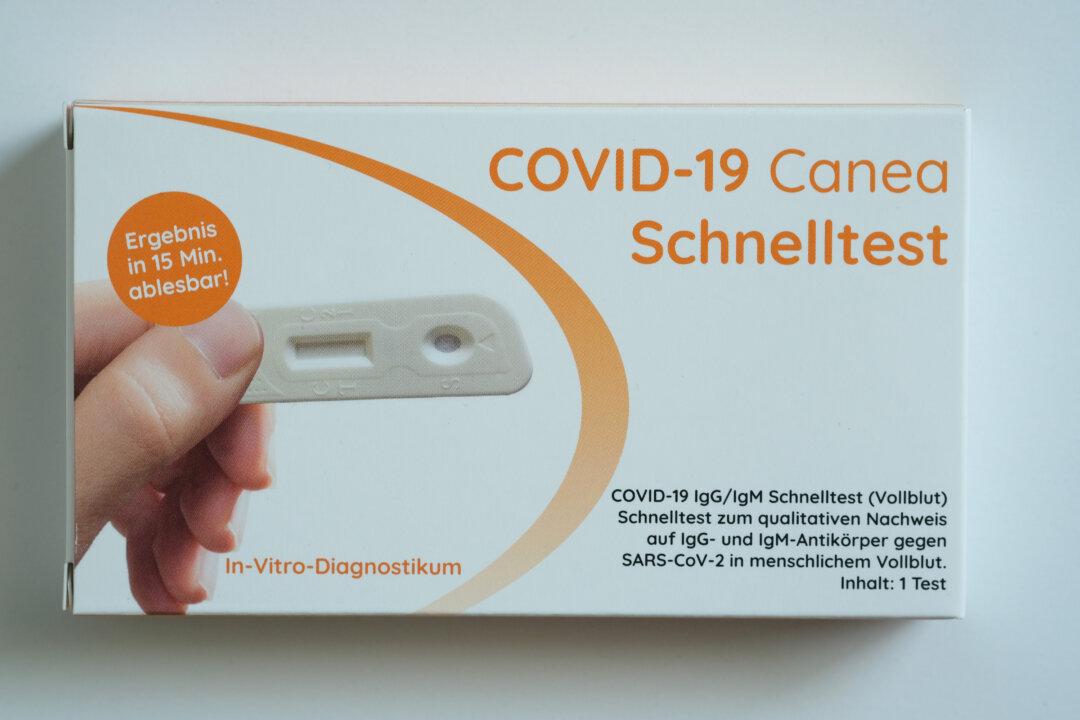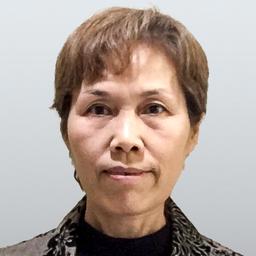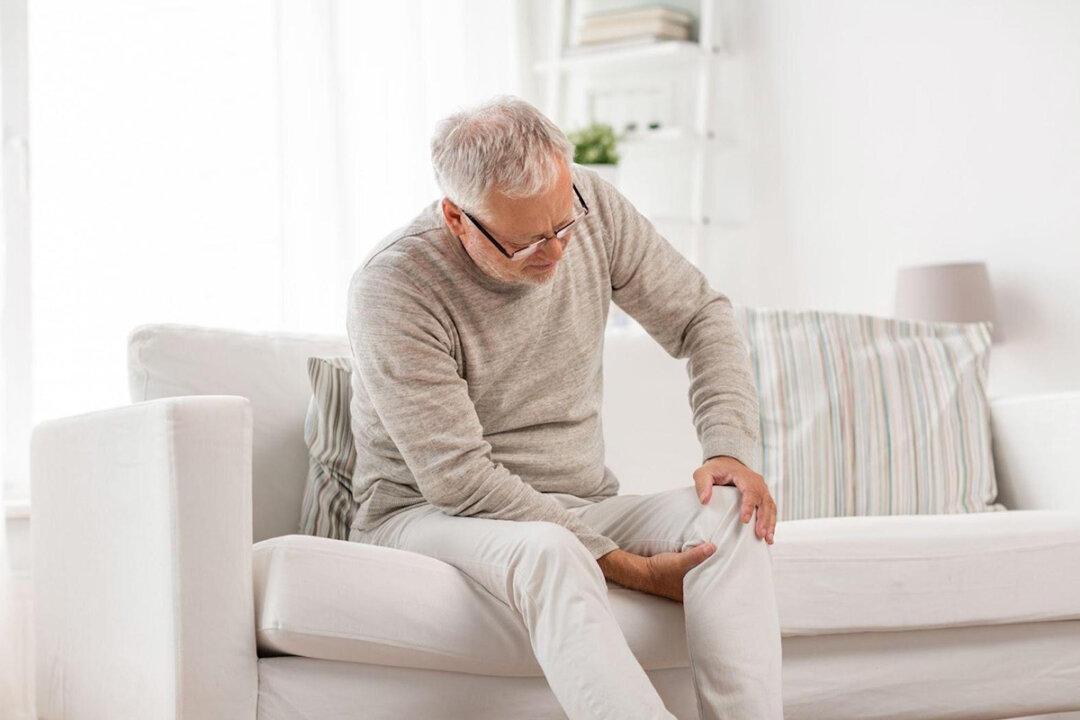Since the Omicron variant outbreak began in China, Chinese state-owned companies have been making billions of dollars selling test kits to the public. The rapid antigen detection tests approved by Chinese authorities for home use are selling at many times the cost of manufacturing.
As the competition among Chinese manufacturers has intensified, the cost of centralized test kit procurement in various regions has fallen sharply yet retail prices remain high—as much as 5 to 15 times the production cost.





